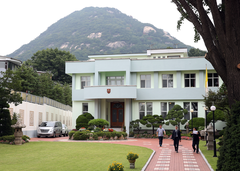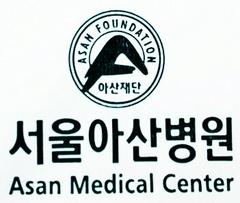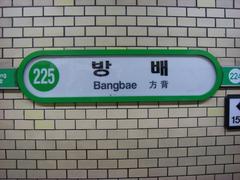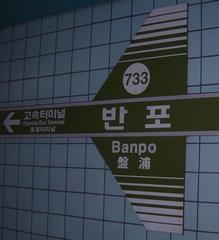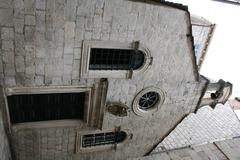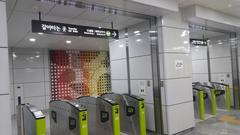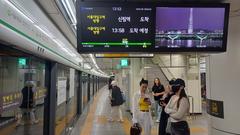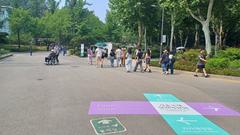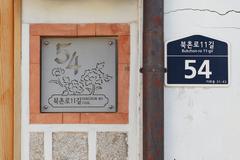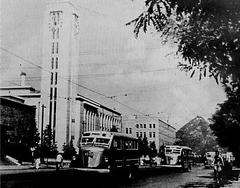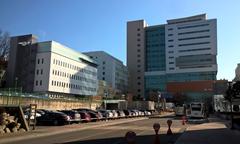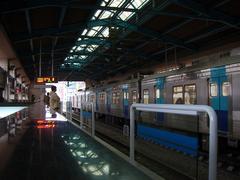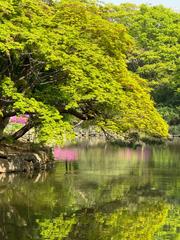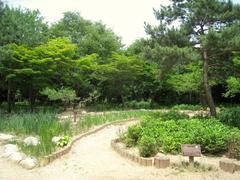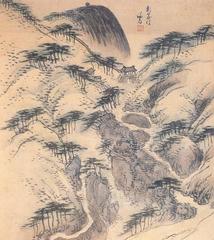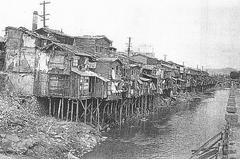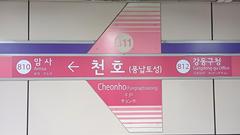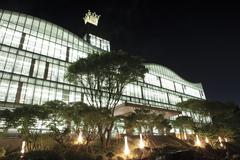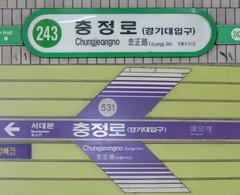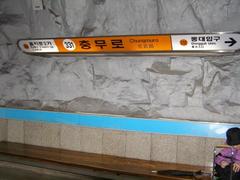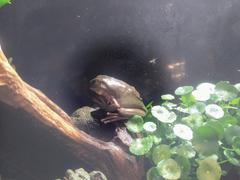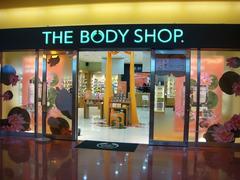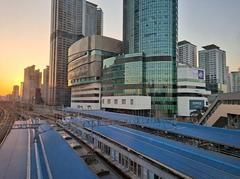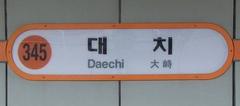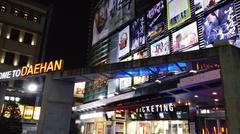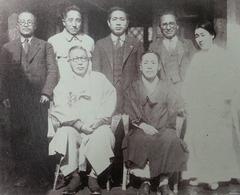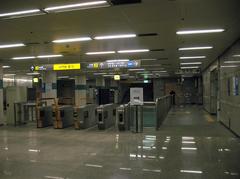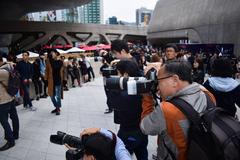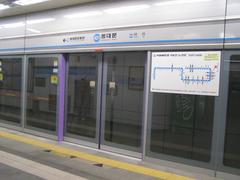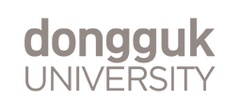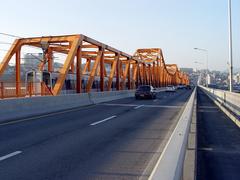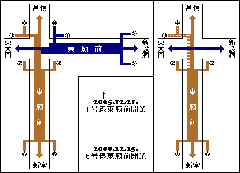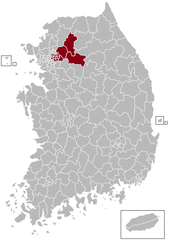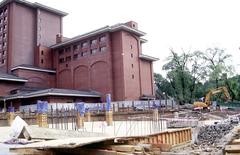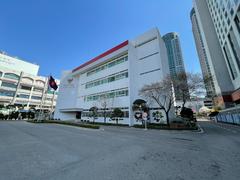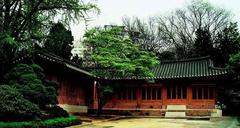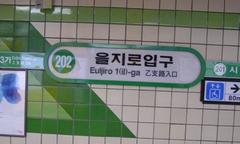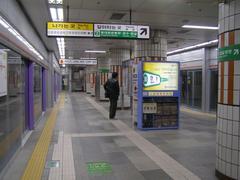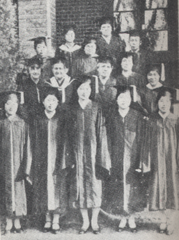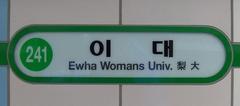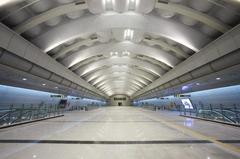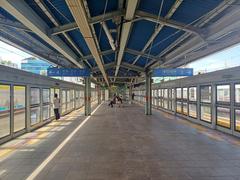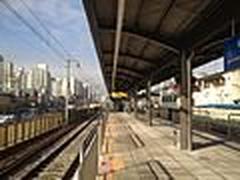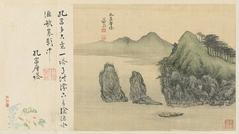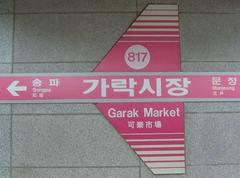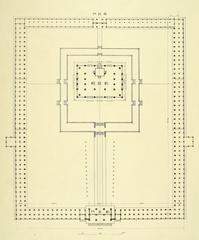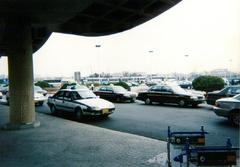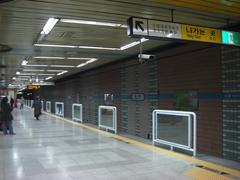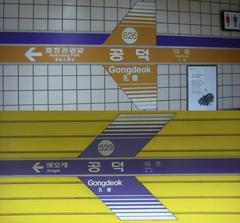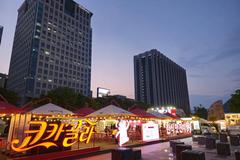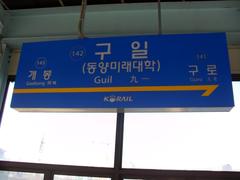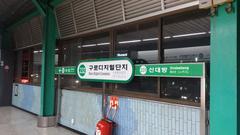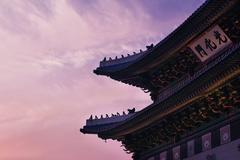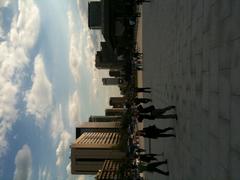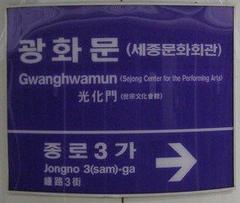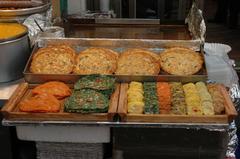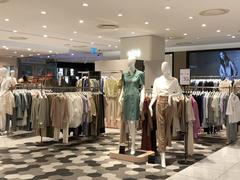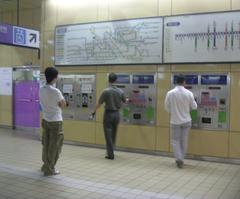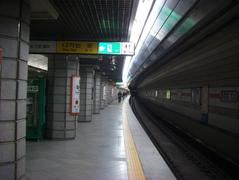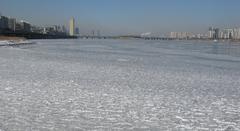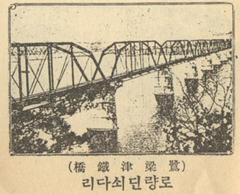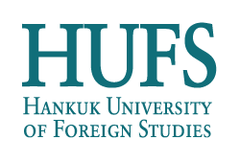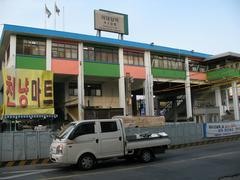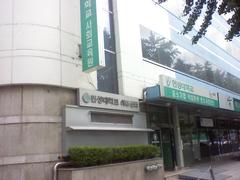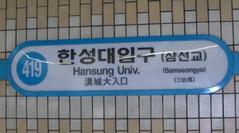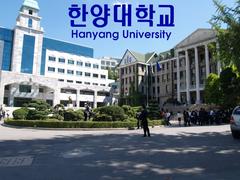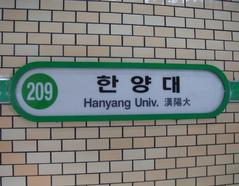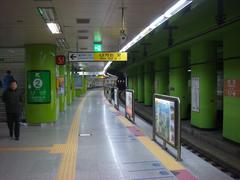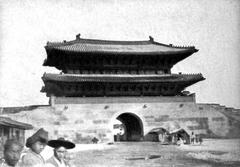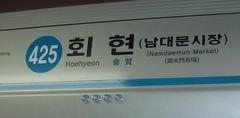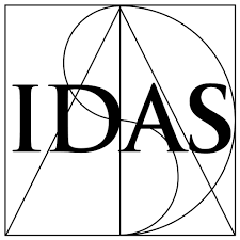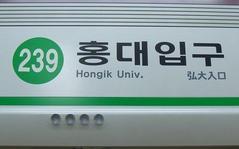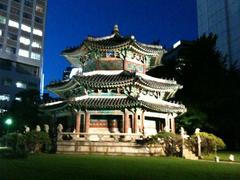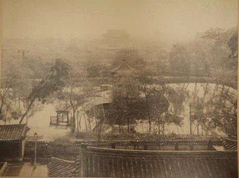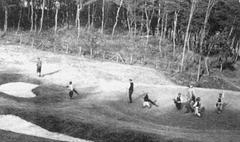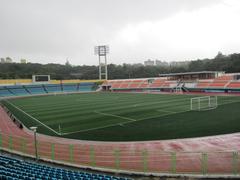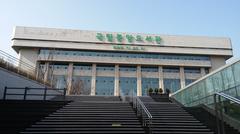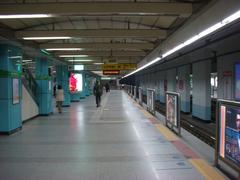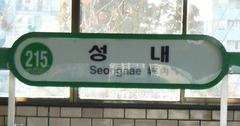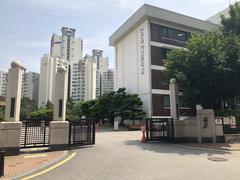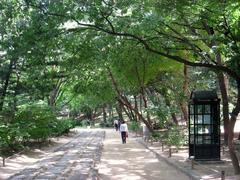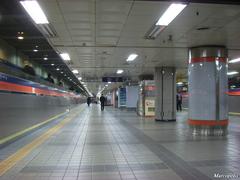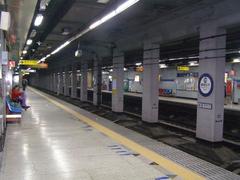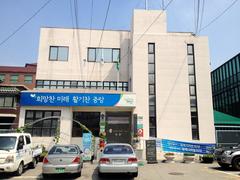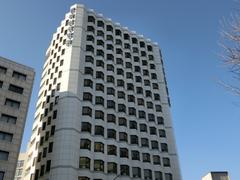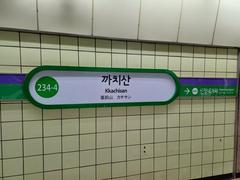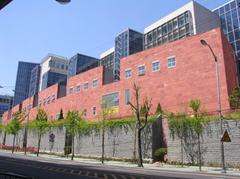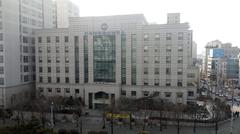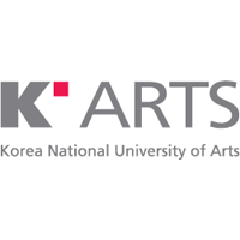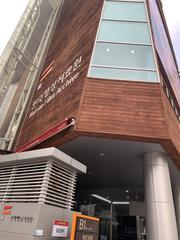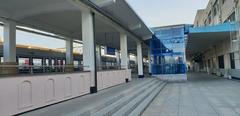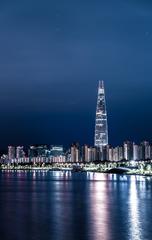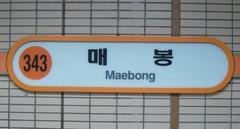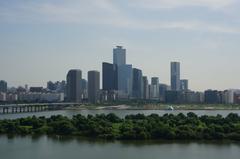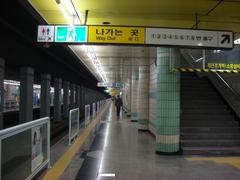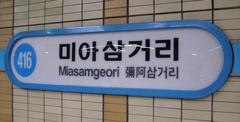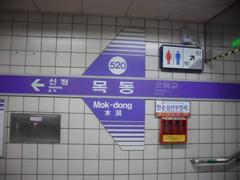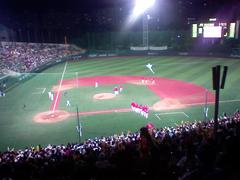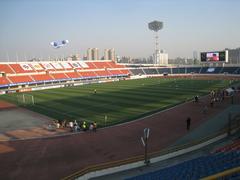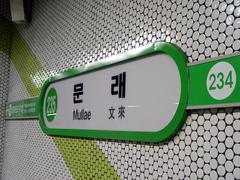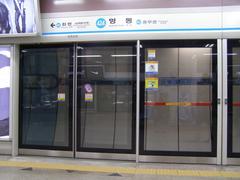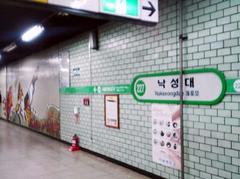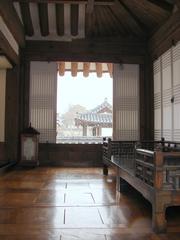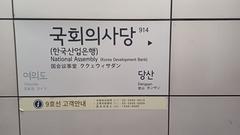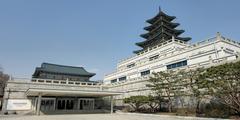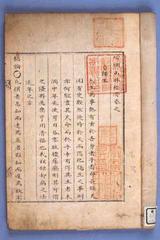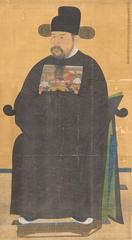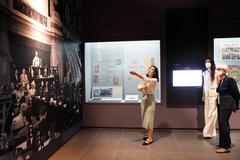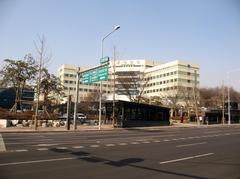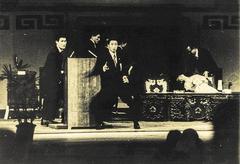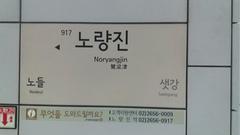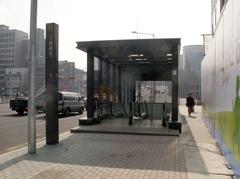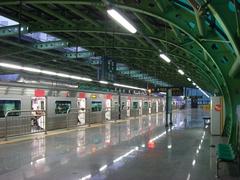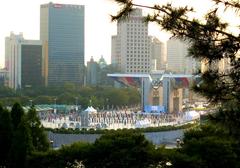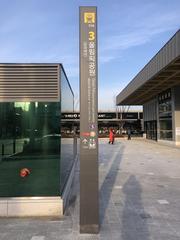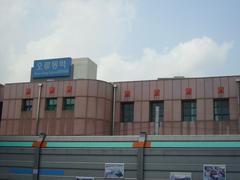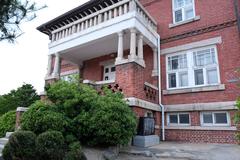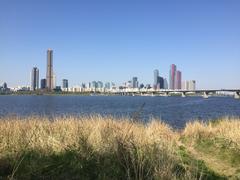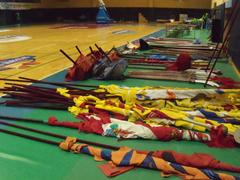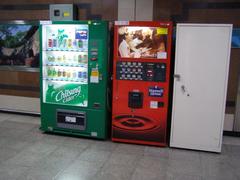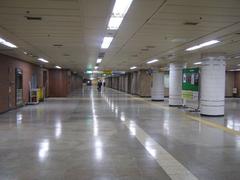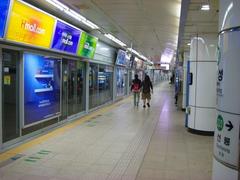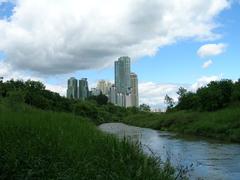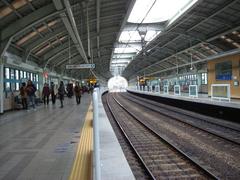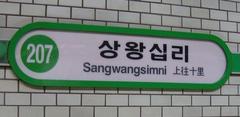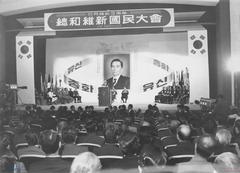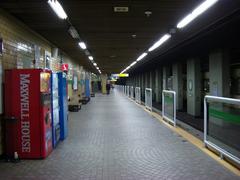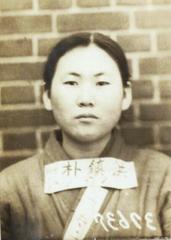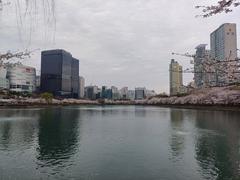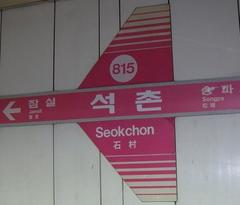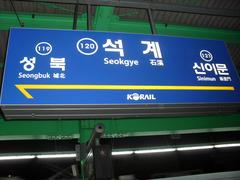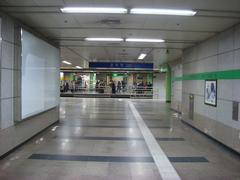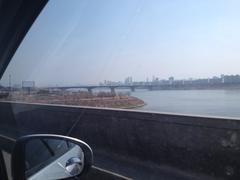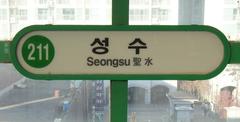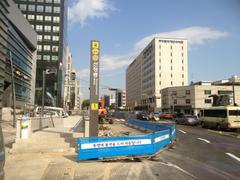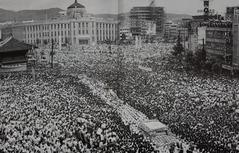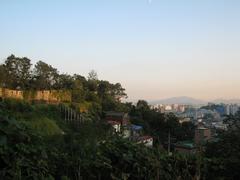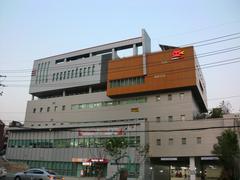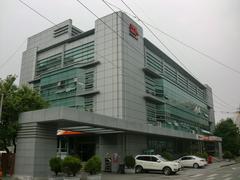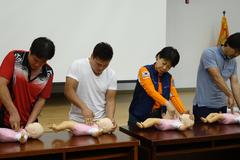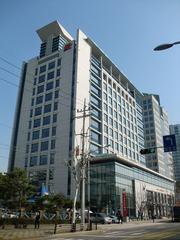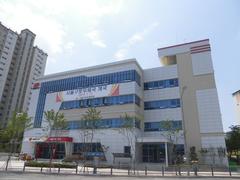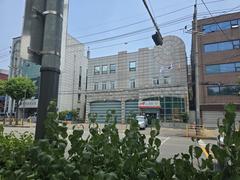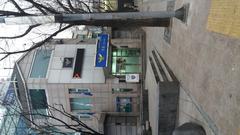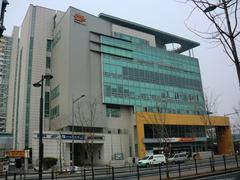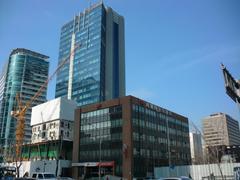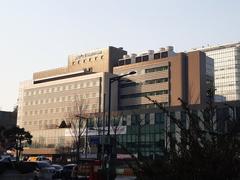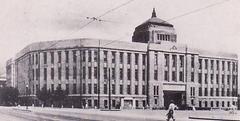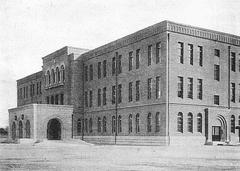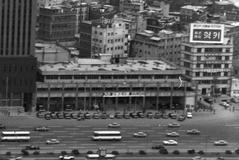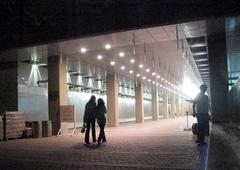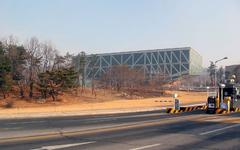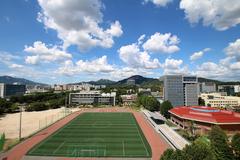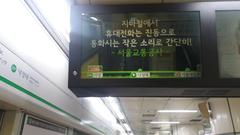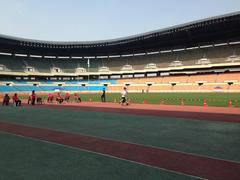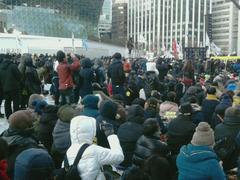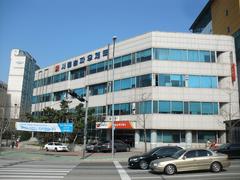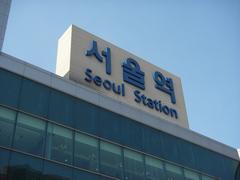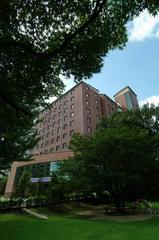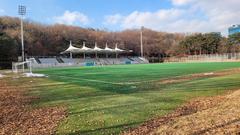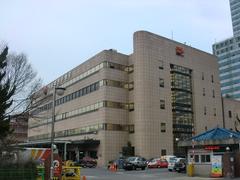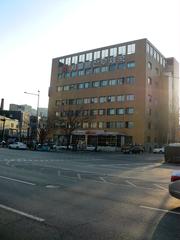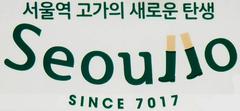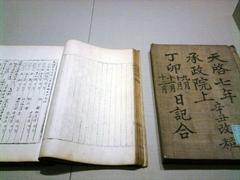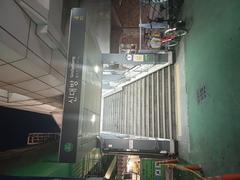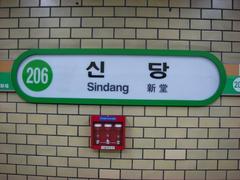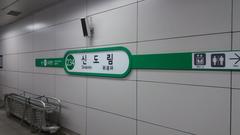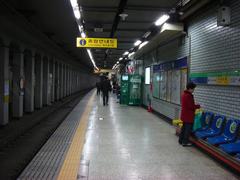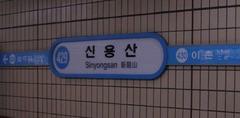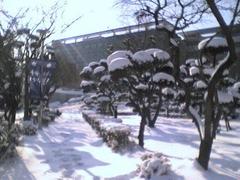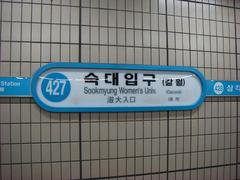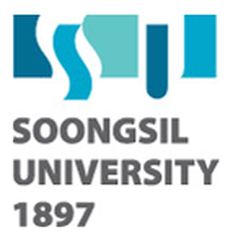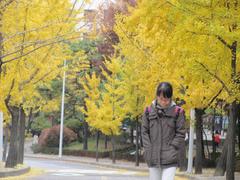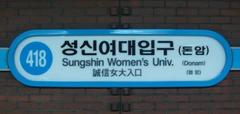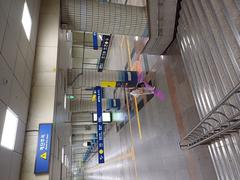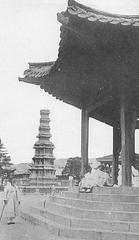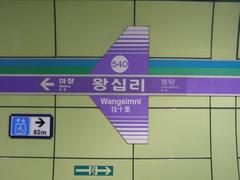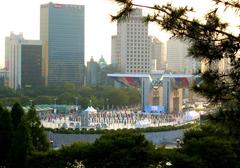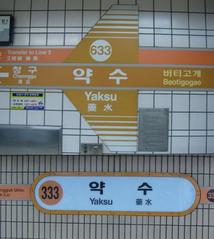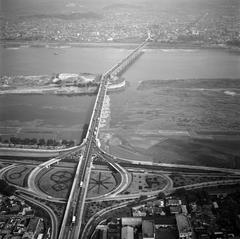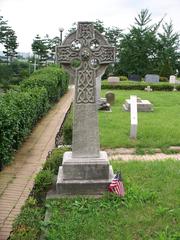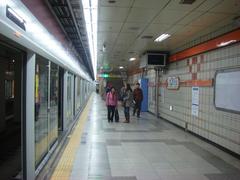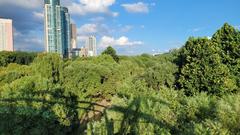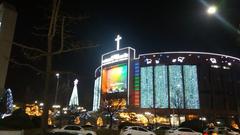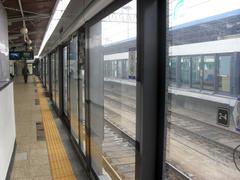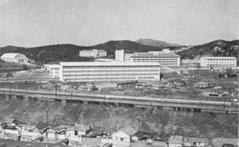Kwangwoon University Visiting Hours, Tickets, and Seoul Historical Sites Guide
Date: 2025-06-14
Introduction: The Significance of Kwangwoon University in Seoul
Situated in the thriving Nowon-gu district of northern Seoul, Kwangwoon University is celebrated for its legacy of academic excellence, technological innovation, and cultural enrichment. Established in 1934 as the Chosun Radio Technical Institute by Dr. Cho Kwang-woon, the university has been instrumental in advancing South Korea’s prowess in electronics, engineering, and the sciences. At its core stands the Kwangwoon University Monument, a symbol of Korea’s journey in radio engineering and educational progress. Surrounded by cherry blossoms and modern architecture, the monument provides a meaningful destination for those interested in Korea’s educational and technological heritage.
Whether you are a history enthusiast, prospective student, or international traveler, a visit to the Kwangwoon University campus offers a dynamic experience. With easy access via subway lines 1 and 7, a wealth of academic and cultural facilities, and vibrant student life, Kwangwoon University is an ideal starting point for exploring both the institution and the wider history of Seoul.
This guide compiles essential information on visiting hours, ticketing, accessibility, campus highlights, and nearby cultural sites to ensure a rewarding and well-planned visit. For the latest updates, consult the official Kwangwoon University website and the Seoul Tourism Official Site.
Table of Contents
- Introduction
- The Kwangwoon University Monument: History and Significance
- Visiting Hours & Ticketing
- Location & Transportation
- Campus Accessibility
- Campus Facilities and Points of Interest
- Guided Tours & Special Events
- Photography Tips
- Dining & Amenities
- Accommodation Options
- Nearby Historical Sites & Attractions
- Safety & Practical Tips
- Frequently Asked Questions (FAQ)
- Conclusion
- Sources & Further Reading
The Kwangwoon University Monument: History and Significance
The Kwangwoon University Monument honors the university’s founding and its transformation into a leader in science, engineering, and innovation. Established in 1934, the university has nurtured generations of professionals and contributed to Korea’s industrial and technological growth. The monument itself, set within a picturesque part of campus, stands as a tribute both to the vision of Dr. Cho Kwang-woon and to the university’s ongoing achievements in higher education.
Visiting Hours & Ticketing
-
Monument and Campus Grounds:
- Monday–Friday: 9:00 AM – 6:00 PM
- Saturday: 10:00 AM – 4:00 PM
- Sunday/Public Holidays: Closed
-
Donghae Culture and Arts Center (for Events):
- Entry requires a ticket for specific events (concerts, performances). Tickets can be purchased online or at the venue; early booking is recommended for popular events.
-
General Admission:
Entry to the monument and campus is free. Event tickets may carry separate charges.
Check the Kwangwoon University Visitor Information page for any special notices or seasonal changes to operating hours.
Location & Transportation
-
Address: 20 Kwangwoon-ro, Nowon-gu, Seoul, South Korea
-
By Subway:
- Take Line 1 or Line 7 to Kwangwoon University Station (Exit 1 leads directly to the main gate).
-
By Bus:
- Numerous buses serve the campus area; consult Seoul transit apps for real-time routes.
-
From Incheon International Airport:
- Take the AREX train to Seoul Station, transfer to Line 1, and alight at Kwangwoon University Station. The journey takes about 90 minutes.
Limited parking is available; public transport is recommended.
(Kwangwoon University official site)
Campus Accessibility
- The campus and monument are wheelchair accessible, with ramps, elevators, and smooth walkways.
- Accessible restrooms and seating are available near major buildings.
- For additional assistance, contact the university’s visitor center ahead of your visit.
(StandYou)
Campus Facilities and Points of Interest
Science Campus
- Hwado Hall: Core center for engineering and science education, with classrooms, labs, and faculty offices.
- Saebit & Chambit Halls: Modern complexes for interdisciplinary research and study.
- Dasanjae & Bima Hall: Additional spaces supporting academics and administration.
- Open-Air Theater: Venue for performances and festivals.
- Kwangwoon Square & Central Staircase: Social hub and scenic vantage point.
- Memorial Hall & Central Library: Archives, exhibitions, and extensive academic resources.
- Clock Tower: A campus icon and popular photo spot.
- Seungri & Alumni Halls: Administrative and alumni engagement spaces.
(Kwangwoon University History, Namu Wiki, Kwangwoon University Library)
Liberal Arts Campus
- Donghae Culture and Arts Center: Venue for concerts, exhibitions, and public performances.
- Cultural Street: Cafés, food stalls, and club activities.
- Ice Rink & Gwangwoon Futsal Stadium: Sports and recreation.
- Hanul Hall, Nuri Hall, Bitsoljae, Yeonchonjae: Multipurpose spaces for lectures, clubs, and creativity.
- International House: Accommodation and support for international students.
(StandYou)
Student Life & Support
- Welfare Center: Counseling, healthcare, and career advising.
- On-Campus Bank/ATM: Convenient financial services.
- Dining: Multiple cafeterias serving Korean and international cuisine.
- Dormitories: On-campus housing for enrolled students.
Innovation & Media Centers
- Media Contents Center: Digital production and media resources.
- Startup Center: Support for entrepreneurship and student innovation.
Guided Tours & Special Events
- Guided Tours: Available upon request via the Office of International Affairs. Advance booking is recommended.
- Special Events: University festivals, concerts, and academic exhibitions are held throughout the year, particularly in May and September.
Check the official website and event calendar for schedules.
Photography Tips
- Best times: Spring (cherry blossoms) and autumn (foliage).
- Recommended spots: Monument area, Clock Tower, Kwangwoon Square, Jade Crown, Old Front Door.
- Please ask permission before photographing individuals or inside buildings.
Dining & Amenities
- Cafeterias: Affordable set meals (₩4,000–₩7,000), with some English menus.
- Coffee Shops & Convenience Stores: On-campus and nearby.
- Nearby Nowon Neighborhood: A wide range of restaurants and street food.
Accommodation Options
- On-Campus Dormitories: Reserved for students; not available to short-term visitors.
- Nearby Hotels/Guesthouses: Options in Nowon, Myeongdong, and Hongdae accessible by subway. Reserve in advance during peak periods.
Nearby Historical Sites & Attractions
- Dongdaemun Design Plaza: Modern architectural landmark (approx. 3 km).
- Jongmyo Shrine: UNESCO World Heritage site (approx. 5 km).
- Dream Forest: Expansive park for relaxation.
- Bukhansan National Park: Hiking destination with scenic views.
- Local Markets: Experience authentic Korean street food and shopping.
Central Seoul districts (Myeongdong, Insadong, Hongdae) are 30–40 minutes away by subway.
(Seoul Tourism Official Site, In My Korea)
Safety & Practical Tips
- Campus and Seoul are generally very safe.
- Carry a T-money card for public transport.
- Download translation apps like Papago or Google Translate for convenience.
- Dress for the season: June is warm, occasionally rainy (Travel-Stained).
- Respect campus rules and student privacy, particularly during exams.
- Use the Climate Card Tourist Pass for unlimited subway and bus rides during your stay.
Frequently Asked Questions (FAQ)
Q: What are Kwangwoon University’s visiting hours?
A: Monday–Friday, 9:00 AM–6:00 PM; Saturday, 10:00 AM–4:00 PM; closed Sundays and public holidays.
Q: Is a ticket required for general campus visits?
A: No ticket is needed for general entry; event tickets are required for specific performances.
Q: Are guided tours available?
A: Yes, for prospective students and groups by prior arrangement.
Q: Is the campus accessible for international visitors?
A: Yes, with some English signage and support. Basic Korean or translation apps are useful.
Q: What are the best nearby historical sites?
A: Dream Forest, Bukhansan National Park, Dongdaemun Design Plaza, Jongmyo Shrine, and local Nowon markets.
Conclusion
Kwangwoon University is an inspiring blend of tradition and innovation, offering visitors a chance to experience Korea’s educational heritage, lively campus life, and nearby cultural treasures. With free access to the monument and well-designed facilities, it’s an excellent destination for academic, cultural, and leisure exploration. Plan ahead, utilize public transit, and immerse yourself in the unique atmosphere of this historic Seoul institution.
For updates, events, and further visitor support, refer to the Kwangwoon University Visitor Information and Seoul Tourism Official Site.
Sources & Further Reading
- Visiting Kwangwoon University Monument: A Guide to Hours, Tickets, and Nearby Historical Sites in Seoul, 2025, Kwangwoon University (https://www.kw.ac.kr/)
- Kwangwoon University Monument: Visiting Hours, Tickets, and Travel Guide, 2025, Kwangwoon University (https://www.kw.ac.kr/visitor)
- Kwangwoon University Campus Guide: Exploring Key Facilities, Landmarks, and Visitor Information, 2025, Namu Wiki (https://en.namu.wiki/w/%EA%B4%91%EC%9A%B4%EB%8C%80%ED%95%99%EA%B5%90/%EC%BA%A0%ED%8D%BC%EC%8A%A4%20%EB%B0%8F%20%EC%8B%9C%EC%84%A4)
- Visiting Kwangwoon University in Seoul: Hours, Tickets, and Nearby Attractions, 2025, Smapse & Travel-Stained (https://www.kw.ac.kr/ko/index.jsp)
- Seoul Tourism Official Site, 2025 (https://english.visitseoul.net/)
